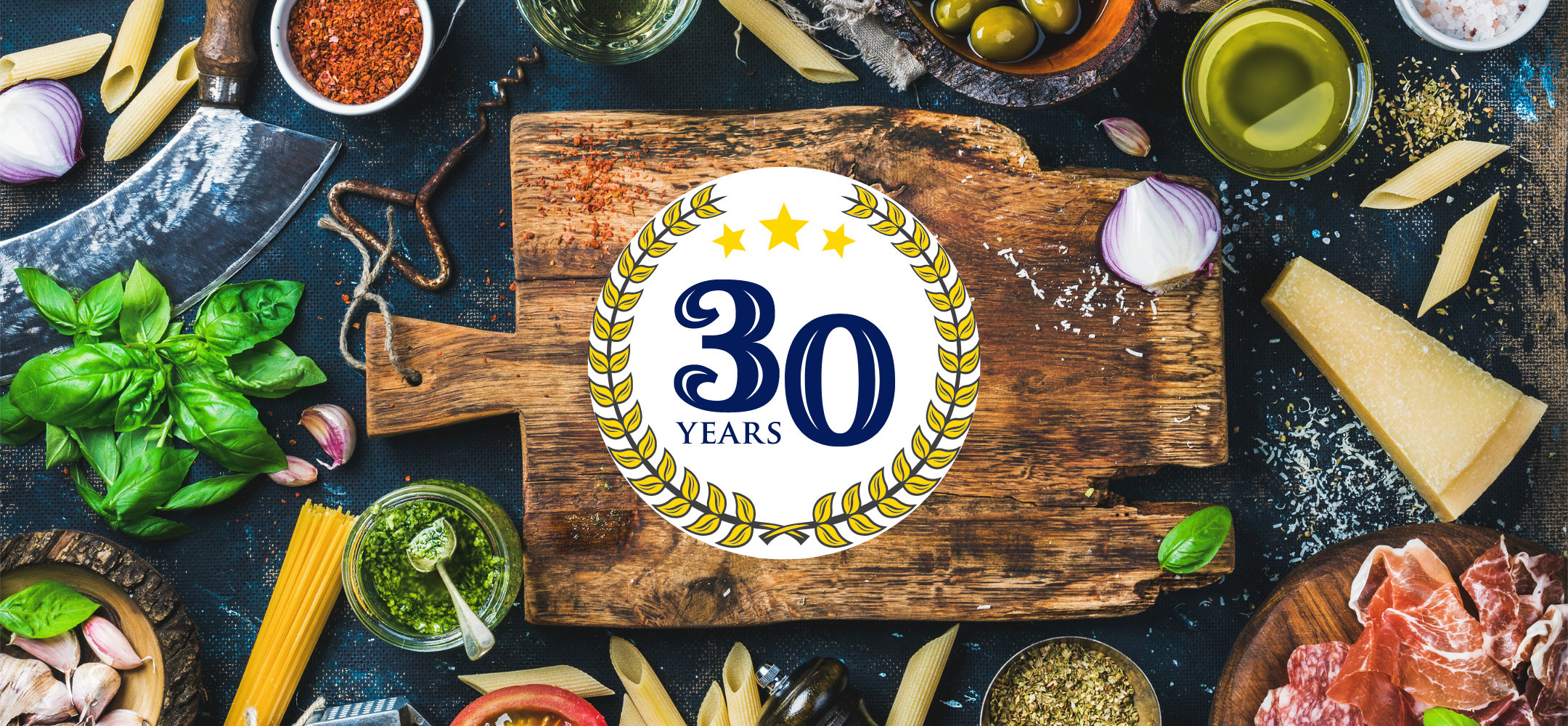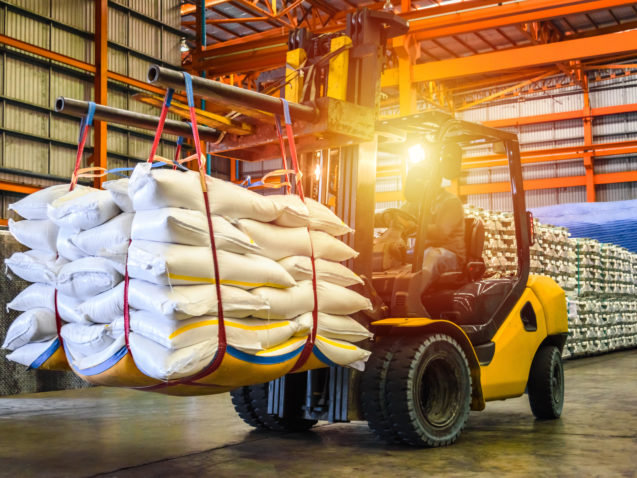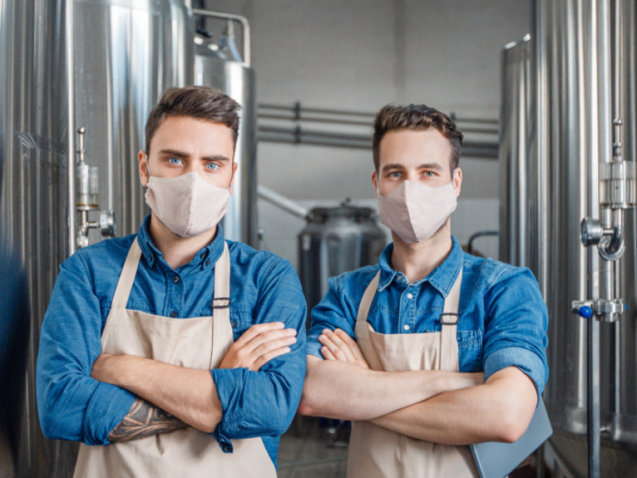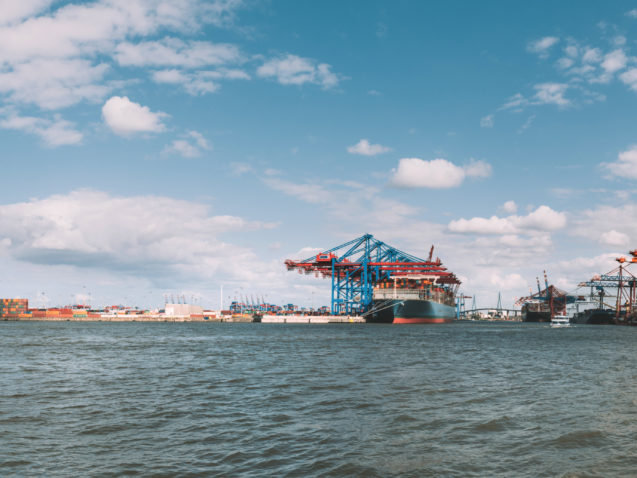In his capacity as Vice-Chair of FoodDrinkEurope’s Economic Committee, Bart Vandewaetere wrote the following article on the 30th anniversary of the European Single Market and the significance of this European asset for the EU food and drink industry.
Behind the breakfast on our plates are Europe’s food processors, farmers, retailers, and logisticians working round the clock to keep the food supply chain running day and night.
The fact that food and drink from all corners of Europe can be a part of one’s diet, wherever we may be, is not just a testament to the people who are a part of the agri-food chain but also to the ingenuity of our European Single Market, which allows free and unfettered trade throughout the European Union.
30th anniversary
The European Single Market was launched on 1 January 1993 and this year marks its 30th anniversary – three decades of open trade across the continent.
Significance for our food supply chains
But why is the Single Market so special and what make it so important for the agri-food chain?
- Food security: by opening up trade with all 27 EU Member States, the Single Market can help blunt supply chain shocks in times of crisis – as was demonstrated during COVID – and makes it is easier for businesses to find new suppliers, new partners, and new customers for their products.
- Food sustainability: harmonised EU rules on sustainable food systems for example EU-wide rules for recycled packaging design and waste infrastructure would benefit food packaging circularity. Together with a “food investment and resilience plan” this will create an enabling environment to accelerate the food system transition.
- Food diversity: the wide range of farmers and producers across the Single Market and the unrestrained access to manufacturing & transport hubs across the continent are a big reason why we are able to source a varied, nutritious and balanced diet year round.
- Food economy: the free flow of goods acts as a driver of growth not just in the food and drink industry but across value chains. This broadens economic opportunities for enterprises both large and small, builds in flexibility in sourcing, and cements the conditions for adaptability and resilience across the agri-food chain.
Single Market numbers
In 2022 for example, this trade in food and drink products across Europe amounted to €266bn, bringing a diverse selection of European cuisine to our plates no matter where we are.
In fact, the majority of exports from almost all food and drink sectors are destined for consumers across the EU, through the Single Market, representing almost 90% of total turnover for the industry.
Challenges
Now more than ever though, the Single Market is under increasing pressure from unilateral national barriers and crises in supply chains. All stakeholders in the agri-food chain need to be actively supporting the Single Market and policymakers above all need to help complete it and safeguard it.
Large and small food businesses, including food processors and farmers, face increasing difficulties trading across the Single Market due to unfair trading practices, gastronationalism, and divergent rules across Member States, like in packaging and labelling.
I spoke to one Belgian SME, who faces such barriers in France where buyers are requiring them to source from French pigs only because of the French country-of-origin law, as opposed to local Belgian farms with whom they have trusted and sustainable supplies. Failure to comply means the buyer will refuse their product, even though it complies with EU legislation and is sustainably sourced.
It is barriers like these that mean that the Single Market is still incomplete even today and in some parts tending towards more fragmentation, leaving its full benefits for our economy and our society yet to be fully unlocked.
Policy ask
European policymakers need to take this seriously, especially at a time when we need more co-ordination and co-operation, not less. The recent calls from a number of Member States to dilute the European Commission’s proposal for Packaging and Packaging Waste Regulation, preferring to keep their own national systems are a wake-up call !
This is what it takes: addressing unnecessary and duplicative regulatory burden across the Single Market, establishing EU harmonised rules where appropriate, confronting mismatches in national standards where they exist, supporting SMEs in accessing the Single Market, and facing down a rising tide of gastronationalism, which some countries use to elevate their own products over those from other countries in Europe.
We call on policymakers to take a more robust and proactive approach in tackling these barriers because we need to safeguard our greatest asset, the Single Market, which for 30 years has driven growth across Europe and the world. And we need to support it for the next 30 years.
For it is the European Single Market that will crucially allow us to unlock our full economic potential and help deliver the transition to more sustainable food systems, uniting Europe as we face the challenges of tomorrow.






